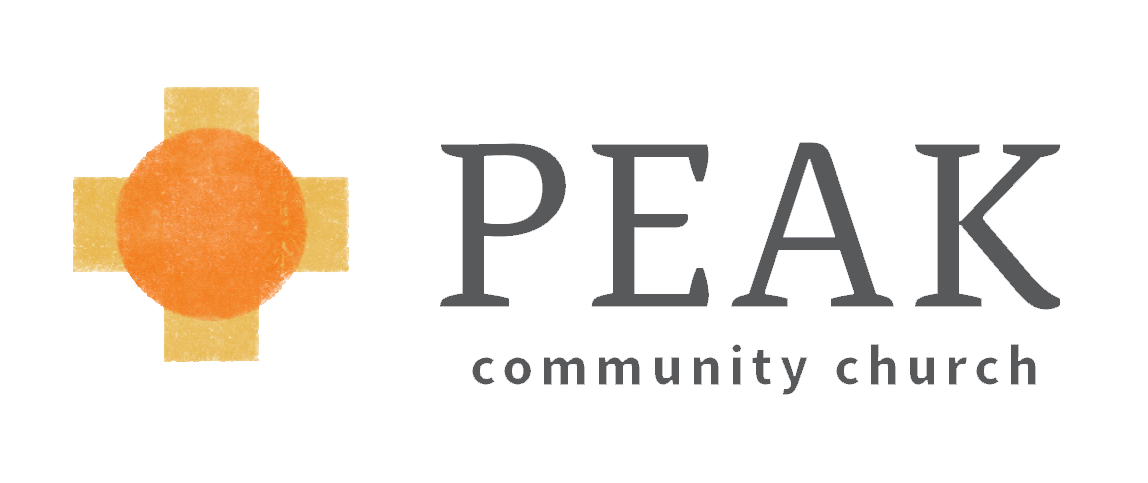Living Our Best Life
What is life supposed to look like? How do we know?
There's a growing awareness of burnout. Even before the pandemic, people noticed. A generation, mainly millenials, were unable to cope. They couldn't make or cancel plans. They couldn't stop e-mailing after work. They couldn't text their moms. Mental health slipped. Drinking went up.
The pandemic exacerbated the trend. Social isolation was genuinely traumatizing for many, many people, in many, many different ways. Third graders experienced it differently than 96-year-olds in long term care facilities. But one form it took was among those who said they regretted not learning to bake sourdough, or not writing a book.
I think this speaks to the cause of the burnout. Call it meritocracy. Or call it the knowledge of good and evil (Genesis 2, 3). It's the "relentlessly optimized" life. There seem to be two rules. One is "the best of everything." And two, "everything has an immediate, positive result."
"The best of everything" leads to doing nothing. To powerlessness.
The "best" is easy to access. Social media is a great filtering machine that yields the best of everything every time. I wanted to build a new pergola. I wondered what it should look like. I went online. An hour later I'm looking up courtyards on remote Greek islands, zooming in to structures, examining the kind of wood, the joinery. I still have not built the pergola.
As for the desire for immediate, positive results. I took a walk by the river yesterday. The only people I saw were spending their time taking selfies, and then leaving. But I wasn't there to simply enjoy the river either; I was looking for grapes to pick and make wine.
Our houses are investments not homes. We don't make friends; we develop a network. A good school is inadequate; it must be the best. But hold the carrot in front of the horse long enough, and it will collapse from exhaustion. It will not be able to cope.
This isn't unique to a generation; we all deal with it. The heart of it is the temptation to "know good and evil." To sit in judgment of what our best life looks like, discarding and grasping according to our own lights.
But we are creatures and therefore limited. When we say God the Father is almighty, it means (1.) we are not, and (2.) we trust that God takes responsibility for all things in this world. All things come from his hand, even what we discard. This frees us to turn from judgement to gratitude.
It also frees us to live these very precious lives. Not our "best" life, because we can't possibly know what that is.
Or maybe we can: our best life is not the life we curate, but one we receive from the Father in awe and thanksgiving, freeing us to live it fully, faithfully, responsibly, not as a means to some achievement, but as a gift we give back to God and the world.
Pastor Eddy



